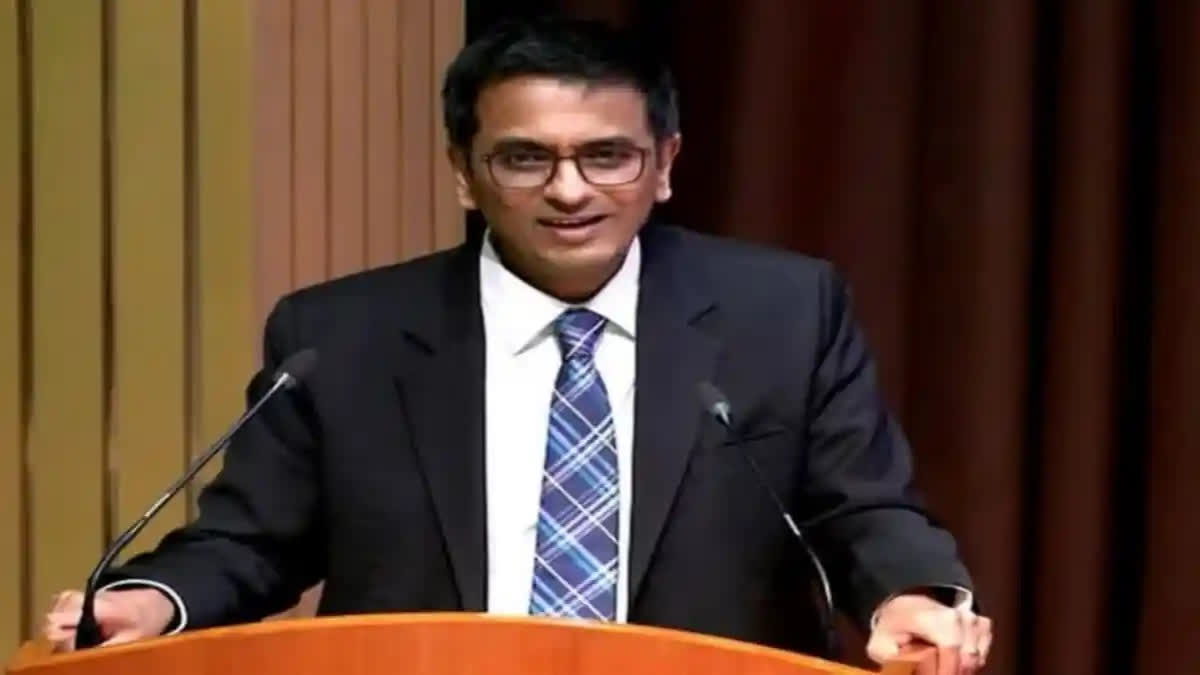New Delhi: Chief Justice of India DY Chandrachud emphasised the need to begin the 'difficult conversation' on long court vacations and suggested the exploration of alternatives such as flexi-time for advocates and judges. The CJI, speaking during the Diamond Jubilee celebrations of the Supreme Court, said, "Our ability to remain relevant as an institution requires us to recognise challenges and begin difficult conversations. Let us begin the conversation on long vacations and whether alternatives such as flexitime for advocates and judges is possible."
The CJI said, "We must emerge from the adjournment culture to a culture of professionalism and ensure that the length of oral arguments does not interminably delay judicial outcomes." He added that the legal profession must provide a level playing field for first-generation advocates--men, women and others from marginalised segments--who have the will to work and the potential to succeed.
“The Supreme Court was established with a sense of idealism that laws would be interpreted by a Constitutional Court by the rule of law and not by colonial values or social hierarchies. It affirmed the belief that the judiciary should serve as a bulwark against injustice, tyranny and arbitrariness. The Supreme Court is an institution of resolution and justice," said the CJI
“Our legitimacy will endure from the inclusion of diverse sections of the population in our system. Therefore, we need to make more efforts to bring different sections of society into the legal profession. For instance, the representation of Scheduled Castes and Scheduled Tribes is quite low both at the Bar as well as on the Bench”, said the CJI.
He said traditionally, the legal profession was a profession of elite men and times have changed. “Women, traditionally underrepresented in the profession, now constitute 36.3% of the working strength of the district judiciary. The recruitment examination for Junior Civil Judges is conducted in Andhra Pradesh, Arunachal Pradesh, Chhattisgarh, Delhi, Himachal Pradesh, Karnataka, Madhya Pradesh, Maharashtra, Odisha, Rajasthan, Sikkim, Uttar Pradesh and Uttarakhand. Notably, more than 50% of the selected candidates were women. In the Supreme Court of India, they hire law clerks-cum-research associates to assist the judges, out of which 41% candidates are women this year”, said the CJI.
Prime Minister Narendra Modi, Union Minister for Law and Justice Arjun Ram Meghwal, judges of Supreme Court Justice Sanjiv Khanna and Justice Bhushan Ramkrishna Gavai, Attorney General of India R Venkataramani, president of Supreme Court Bar Association Adish C Aggarwal and chairman of Bar Council of India Manan Kumar Mishra were present on the occasion.
- " class="align-text-top noRightClick twitterSection" data="">



